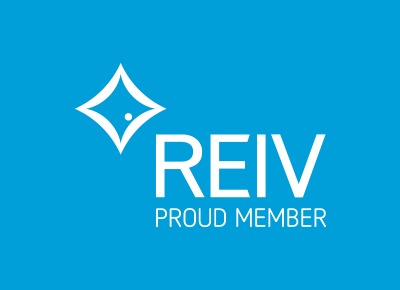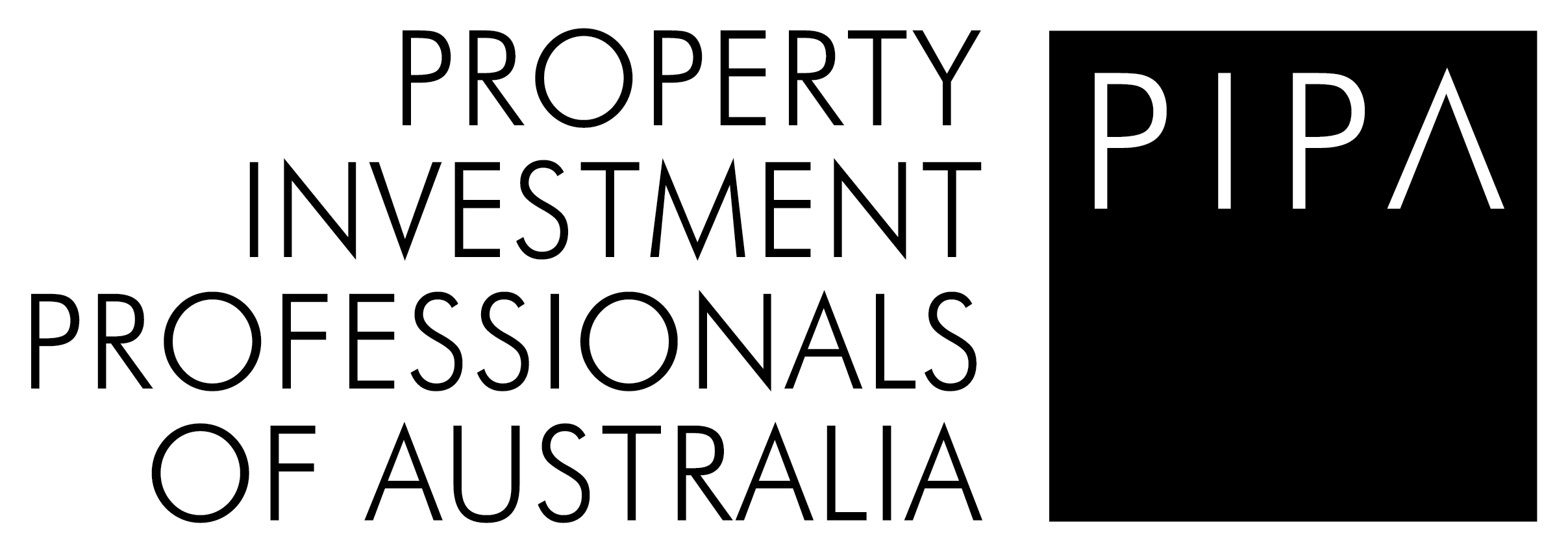Strong Start To The Auction Market 2016
Happy Chinese New Year, the year of the Monkey has commenced and the first week of auctions have completed for 2016 with Victorian clearance rates reaching a 76% clearance rate. This result is a reflection of demand from buyers that have been seeking property to purchase who did not achieve their goals at the end of 2015 and the fact that there is still many real estate agents in Melbourne needing more property to sell to keep up with buyer demand for owner occupied property in relation to houses and reasonable size units for the investors who are generally seeking two and three bedroom units and townhouses as well as houses with capital growth and future sub-division potential.
Other than what types of property are the best to buy or invest in, when it comes to the question of which is better buying old or new properties? We were asked to share our opinion on the matter with realestate.com.au journalist Alice Bradley and we have shared the published article in this issue.
In This Issue:
- Which suburbs made it to the million dollar club?
- REIV Market Wrap Week Ending Saturday 6 February 2016
- Which is better buying: Old or new properties? A Melbourne Real Estate Buyers Agent’s Opinion
- An Age Old Debate: What Makes A Better Investment Property Or Shares?
Which suburbs made it to the million dollar club?
At the end of 2014 there were 406 suburbs nationally with a median value above $1m, by the end of 2015 the number had increased by 31% to 530 suburbs nationally.
There was a time when housing that cost more than $1 million was seen as exclusive however, with recent rises in home values, suburbs with a typical home value of more than a $1 million are becoming more common. This analysis looks at the median values of suburbs which have recorded at least 10 sales over the 2015 calendar year.
At the end of 2015 there were 530 suburbs nationally with a median home value of more than $1 million, up from 406 suburbs at the end of 2014. This represents a 30.5% increase in suburbs with a median value of more than $1 million over the past 12 months.
No. of suburbs with a median value of more than $1 million,
Dec ’14 – Dec ’15
Click here to view the complete article
REIV Market Wrap Week Ending Saturday 6 February 2016
A clearance rate of 76 per cent was recorded this weekend compared to 74 per cent last weekend and 65 per cent this weekend last year. There were 216 auctions reported to the REIV, with 165 selling and 51 being passed in, 25 of those on a vendor bid. Auction activity will now grow significantly, with close to 1,000 auctions scheduled for each of the last two weekends of February.
Enzo Raimondo
CEO – REIV
| Saturday 6th February 2016 – Victorian Results |
||||||||||||||||||||||
|
||||||||||||||||||||||
|
Which is better buying: Old or new properties? A Melbourne Real Estate Buyers Agent’s Opinion
When buying a car, television or washing machine, new is usually better. But when it comes to buying a house or apartment – can you draw the same conclusion?
There are certain advantages and risks to be aware of when buying both old and new property. Check out the pros and cons.
Choosing old property
Mark Erichiello, Buyer’s Agent and Director at Master Advocates Real Estate Services, has being buying and selling real estate in Melbourne since 2000. He says his best results have come from investing in established property.
“My preference to established is more so because I can compare and physically inspect the property, not just in terms of fixtures and fittings, but I can compare with other properties on the market,” he says.
Click here to view the complete article
An Age Old Debate: What Makes A Better Investment Property Or Shares?
The reality is that it’s been an age old debate because there’s no definitive winner. Both property and shares can be a great long term investment that will generally provide similar levels of strong growth when you hold onto them for a decade or more.
Therefore we’re not going to get involved in any financial fisticuffs but instead provide a balanced assessment of a few of the key differences between investing in property and shares. Understanding these differences might just be key to ensuring you make the investments that are going to be right for you.
Property
It’s tangible: Australians have forever had an undeniable affection for ‘bricks and mortar’. For many, it’s that innate appeal of a property being a physical asset you can see, touch and even live in if you choose. For many this offers a real degree of comfort that may not necessarily increase an investor’s return however may still be valuable when it comes to peace of mind.
Negative gearing: If your costs to service your investment property including your borrowing costs are greater than you’re the rental you receive then you can claim this loss as a tax deduction. This common strategy is known as negative gearing and it’s a significant plus when it comes to property investment. Just be careful not to assume that you can buy any property as this strategy only works over the long-term if you own property that provides you a good level of growth.
No CGT on sale of home: Your home is likely to be one of very few assets you sell for a profit and get to keep it all. The exemption on capital gains tax on the family home means that you could potentially save yourself hundreds of thousands at the time of sale, provided you’ve bought a good property and held long enough for a nice gain.
High ongoing costs: Repairs, maintenance, renovations, council rates, insurance, body corporate fees, agent fees in addition to your loan repayments. The list of expenses you might incur to run your investment property can be long and impact on your real return. The costs can also come in the form of time and stress as you deal with real estate agents and or tenants who might owe you rent or even damage your property.
Lack of liquidity: If you need some cash to buy a new car, take a holiday or support yourself in between jobs you might find it difficult to sell just the front bedroom. This might result in a reduced level of flexibility when it comes to lifestyle. Getting in and out of property also takes time as it’s unlikely you will find a buyer offering the right price the first day it’s on the market. The high costs to enter and exit property mean that you need to be quite clear about your plans over the short to medium term to avoid such situations.
Shares
Dividends: When it comes to investing for income, it pays to invest in shares. As a shareholder you will generally be entitled to a dividend which is simply a payment made by a company to its shareholders that is usually their share of profit for a set period. It’s important to note that not all companies pay dividends as some prefer to reinvest back into the business however most of Australia’s largest listed companies including the big banks, Telstra and Woolworths all pay strong dividends. These can be as high as 8 to 9 percent when you factor in franking credits.
Easy to diversify: If you have $100,000 to invest, you can buy yourself a nice portfolio of stocks to ensure that you don’t have all your eggs in one basket. This is called diversification and it’s an important concept to understand for any investor, if they want to avoid unnecessary risks. This can also be done by paying a fund manager to invest in a range of stocks on your behalf or you can invest in exchange traded funds (ETF’s). ETF’s are an investment fund traded on the stock exchange that hold a range of stocks on a particular index.
Tax breaks: The tax breaks for share investing might not get the media attention of negative gearing but that doesn’t mean there not still very generous. If you incur interest costs on a margin loan used to purchase shares, these costs are fully tax deductible to you. Like property, the higher your marginal tax rate the more attractive the tax breaks become.
Low cost to start: You don’t need to worry about building a sizeable deposit before you involved in the market. There’s plenty of online share brokers that offer you the ability to buy and sell shares for not much more than the cost of coffee.
Volatility: As shares are traded on a daily basis, there prices are prone to more aggressive fluctuations in value than the average property investment. In times of uncertainty, shares can fall in value quickly as panicked investors rush to the exits. This can result in you incurring a significant loss in a short period of time. For the smart investor with a long term investment time frame, this is the time to swoop. It’s important to remember that property is also a volatile asset however it doesn’t generally feel this way as we don’t have our properties auctioned or revalued every day.
Summary
There’s always a range of factors to consider when it comes to deciding whether shares, property or both are right for you. There’s no one size fits all approach to getting ahead financially and your decisions should be based on your own circumstances and goals rather than what your friends are saying or what your parents have always preached.
If you’re uncertain or believe that you might be best to call in the experts, we recommend you seek some professional financial advice.
Corey Wastle
CFP®, B.BusCom, B.Comm
Financial Adviser
__
M 0435 757 884
P 03 8630 2814
Level 10, Tower 4
World Trade Centre,
611 Flinders St, Melbourne VIC 3005
www.versewealth.com.au
Supportive information sources: CoreLogic RP Data, REIV, RealEstate.com.au, Verse Wealth in association with Master Advocates Real Estate Services published February 2016







